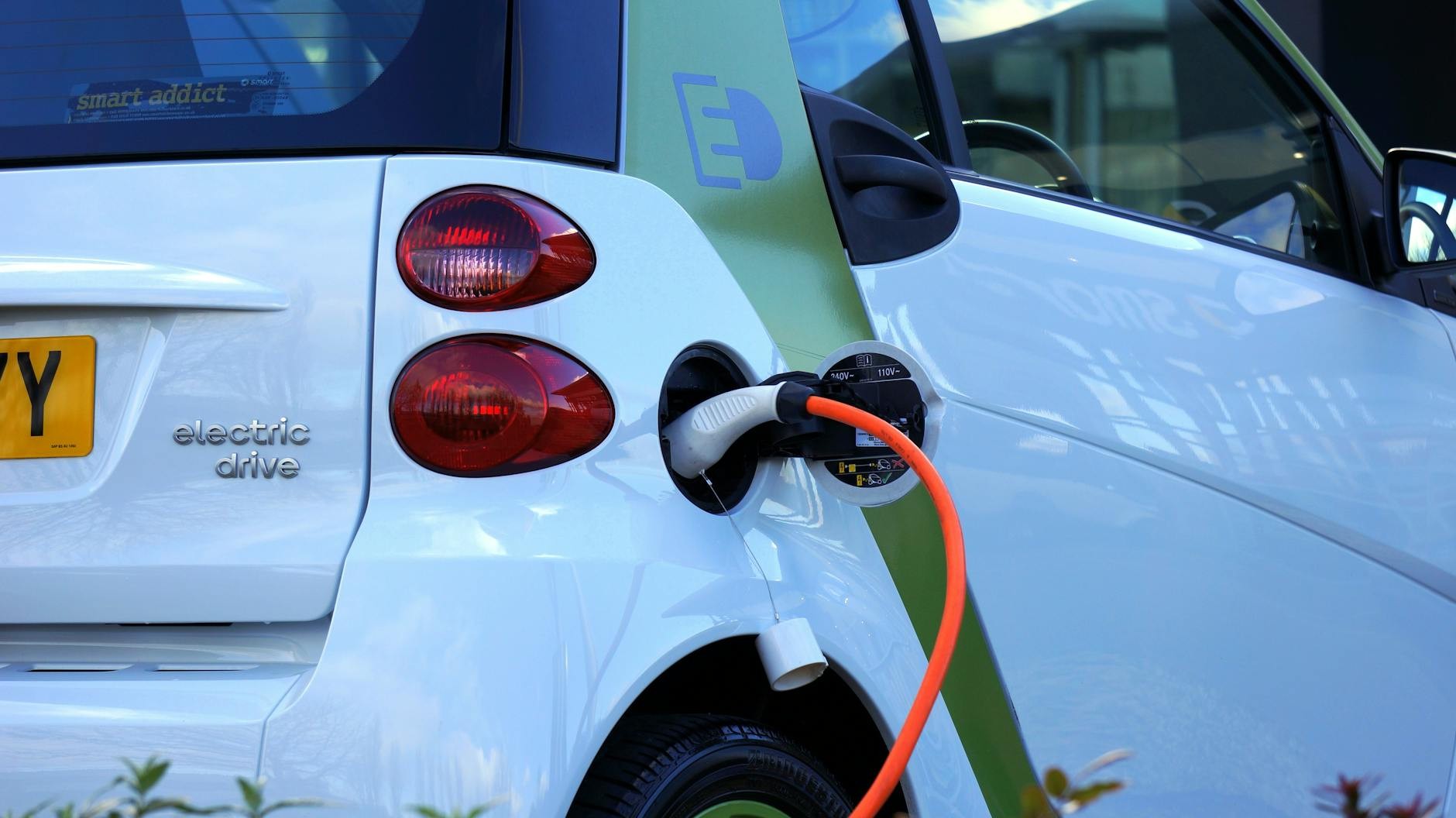Like many, I recently found myself deep in the car-shopping process, spending hours test driving and talking to salespeople. One thing that consistently stood out was the higher price tag on hybrid vehicles compared to their gasoline counterparts. This got me thinking: are hybrid cars really worth the extra cost? While they often boast better fuel economy, is that enough to offset the initial investment and make them a smart financial decision in the long run?
In 2020, I wrote an article, updated in 2023, detailing the real, total cost of car ownership. This cost can be categorized into six key areas:
- Purchase Price & Depreciation
- Financing Costs
- Maintenance and Repair Expenses
- Fuel Costs
- Registration and Inspection Fees
- Insurance Premiums
Factors like financing, registration, and inspection costs tend to be uniform across both traditional gasoline and hybrid cars. However, we anticipate variances in purchase price, depreciation, maintenance, fuel, and insurance expenses when comparing hybrids to all-gas vehicles. Therefore, the core question remains: is investing in a hybrid car truly a worthwhile decision?
The Time Value of Money and Hybrid Cars
There’s a well-known saying, “A bird in the hand is worth two in the bush.” In financial terms, this highlights the concept that money today is worth more than the same amount of money in the future. This principle is known as “discounting,” and we’ve previously applied it to analyze mortgage costs.
The decision to buy a hybrid car presents a similar scenario. You pay a higher purchase price upfront, but expect to save on operational costs over the years of ownership. However, these future savings are less valuable in today’s dollars than the immediate extra expense. The crucial question becomes: will the cumulative long-term savings offset the higher initial cost and potential depreciation differences?
To answer this, we need to:
- Identify the cost differences between gasoline and hybrid cars across various categories: sticker price, depreciation, fuel consumption, insurance rates, and maintenance needs.
- Establish an appropriate discount rate to account for the time value of money and apply it to future savings.
This detailed analysis will help us determine if a hybrid car is indeed a financially sound investment.
Determining the Right Discount Rate for Hybrid Car Analysis
The average lifespan of cars on American roads is currently around 12.5 years as of 2022. However, the typical car owner keeps their vehicle for approximately 8 years before selling or replacing it. For our analysis, a balanced timeframe of 10 years seems appropriate to capture a significant portion of a car’s life cycle. We will therefore assess the financial implications of choosing a hybrid versus a gasoline car over a 10-year ownership period.
To understand the time value of money, we need a discount rate. Warren Buffett often uses U.S. Treasury bond rates as a benchmark discount rate, aligning with the “risk-free rate” concept. In our analysis, we can ask: “Is the potential financial benefit of a hybrid car superior to the guaranteed return of investing in U.S. Treasury bonds over the next decade?” If it’s good enough for Buffett, it’s a solid approach for us.
As of February 2024, the 10-year Treasury rate stands at 4.3%. This rate will be used to discount future savings back to their present value. For instance, saving $100 in seven years is equivalent to having $74.47 today, assuming a 4.3% discount rate. This emphasizes the “bird in the hand” principle – present savings are more impactful than future savings.
Quantifying Hybrid Car Savings: A Cost Comparison
To illustrate the financial implications, let’s compare two specific car models. Given the current family needs (expecting a baby), the Kia Sorento has been a vehicle under consideration. Let’s delve into a comparison between the all-gas Kia Sorento and the hybrid Kia Sorento models.
The following data points and calculations are detailed in this spreadsheet. Feel free to explore and customize the spreadsheet for your own scenarios by making a copy: File –> Make a Copy.
Initial Cost and Depreciation
The base model of the gasoline Kia Sorento starts at $31,990, while the hybrid version starts at $36,990. According to iSeeCars, both models are projected to depreciate at a similar rate of 53% over the first five years.
Fuel Efficiency and Expenses
To estimate fuel expenses, we need to consider:
- Annual mileage
- Miles per gallon (MPG) for each car model
- Current gasoline prices
Based on various sources, the average American drives between 13,000 and 15,000 miles annually. For this analysis, we’ll use an average of 14,000 miles per year.
The Kia Sorento hybrid (all-wheel drive model, suitable for regions with snowy conditions) achieves 35 MPG, while the all-gas Sorento achieves 24 MPG. The average US gas price is currently around $3.27 per gallon.
Using these figures, we calculate:
- Annual gas expenses for the Sorento Hybrid: $1308
- Annual gas expenses for the all-gas Sorento: $1907
Insurance Costs
The average annual cost for a “full coverage” auto insurance policy is approximately $2000. However, insurance premiums are highly personalized, influenced by driving history and coverage levels.
For the all-gas Sorento, we’ll use the $2000 average. Hybrid vehicles typically incur slightly higher insurance costs, averaging about 7% more than comparable gasoline models. Therefore, we estimate the annual insurance cost for the Sorento Hybrid to be $2140.
Maintenance and Repair Costs
Many sources suggest that hybrid cars generally have lower maintenance costs than traditional gasoline cars. This is attributed to features like regenerative braking (reducing brake wear), the absence of alternators and starters, and often simpler transmissions.
However, concrete, quantifiable data supporting this claim is difficult to find. Therefore, for this analysis, we will use an average annual maintenance and repair cost of $600 for both models, acknowledging that newer cars typically require less maintenance and are often covered by warranties. These costs are also weighted towards the later years of ownership, reflecting typical vehicle maintenance patterns.
Total Cost of Ownership: Hybrid vs. Gasoline Sorento
Over a 10-year period, considering depreciation, fuel, insurance, and maintenance, the total cost of ownership for the Kia Sorento Hybrid is estimated at $55,662 in present-day (2024) dollars.
The total cost for the all-gas Sorento over the same period is estimated at $56,491.
The analysis suggests a slight financial advantage for the hybrid model in this specific comparison. Breaking down the cost categories:
- Hybrid Depreciation Cost: $3000 higher than gasoline model.
- Hybrid Gasoline Savings: $4997 lower than gasoline model.
- Hybrid Insurance Cost: $1167 higher than gasoline model.
Beyond the purely financial aspect, it’s crucial to acknowledge the environmental benefits of hybrid vehicles. While this analysis focuses on monetary costs, the reduced emissions and environmental impact are significant advantages, although difficult to quantify precisely in dollar terms.
It’s important to remember the concept of “average pilot syndrome.” Averages provide a useful framework, but real-world scenarios vary significantly. You should personalize this analysis based on your unique circumstances. Key questions to consider include:
- Which specific car models are you comparing? The Kia Sorento is just an example.
- What are the exact MPG ratings for the gasoline and hybrid versions of your chosen models?
- What are your actual insurance rates for both models?
- What are the typical maintenance costs for the specific cars you are considering?
- How do these car models depreciate over time in your market?
- Should you adjust the discount rate based on your personal financial situation? (Experimenting with the provided spreadsheet shows that the discount rate doesn’t drastically change the outcome in this particular comparison).
Conclusion: Are Hybrid Cars a Worthwhile Investment?
This analysis, though based on estimations and averages, provides a directionally accurate picture. While real-world outcomes will inevitably differ from any model, the process offers a more informed perspective than before.
Investing approximately 2 hours in this analysis (primarily in writing and less in calculations) to potentially optimize an $800 financial decision (in present value terms) seems like a worthwhile endeavor. For some hybrid models, the financial difference could be considerably larger, making the analysis even more impactful.
So, Are Hybrid Cars Worth It? Based on this Kia Sorento comparison and considering the time value of money, the answer leans towards yes, they can be financially worthwhile, especially when factoring in potential fuel savings over a longer ownership period. However, personalized analysis is key.
Take the time to run these numbers for your specific situation. Understanding the long-term financial implications, alongside the environmental benefits, will empower you to make a well-informed decision about whether a hybrid car is the right choice for you.
Thank you for reading! If you found this article helpful, join 8500+ subscribers who receive my weekly newsletter with curated financial insights. You can explore past newsletters before subscribing.
Also, check out our podcast “Personal Finance for Long-Term Investors” for more in-depth financial discussions. Listen here.
-Jesse
Learn more about The Best Interest’s background here.
If you found this post valuable, please share it!
Share on Facebook Share on X (Twitter) Share on LinkedIn Share on Reddit Share on Email

